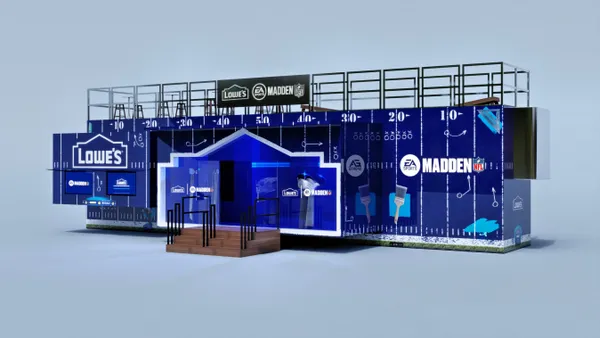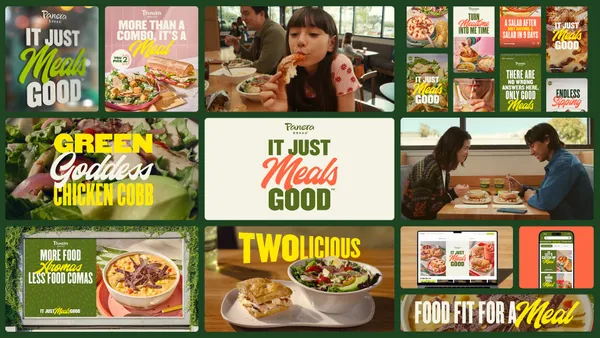Dive Brief:
- Interpublic Group (IPG) saw organic revenue, a key measure of agency health, up 5.6% year-on-year in the third quarter, according to an earnings statement.
- The ad holding group attributed the gains to digital, data and commerce-related services, though certain agencies in the segment weighed on performance. It also touted its recent acquisition of RafterOne, a Saleforce specialist that helps consumer-facing and business-to-business brands with e-commerce transformation.
- The firm slightly raised its full-year guidance from 6.5% to 7% organic growth. That optimism aligns with rivals Publicis Groupe and Omnicom Group, which similarly reported sturdy earnings for the period, though all are facing the possibility of a deeper recession that would impact marketing investiture.
Dive Insight:
Another run of agency earnings, another show of resilience for a sector that, at least historically, has seen its performance more closely tied to broader economic health. Despite ongoing inflationary concerns, the legacy ad networks have so far bucked the trend in 2022. IPG joins Publicis and Omnicom in raising its full-year organic growth outlook despite marketers culling their media spending in several important areas.
That’s not to say all aspects of business are humming along. IPG “experienced softness” at R/GA and Huge, according to executives, which dragged on the group’s key media, data and engagement solutions segment. The category grew by 3.8% organically, buoyed by double-digit gains from IPG Mediabrands. Mediabrands scored a portion of the coveted Nike account during the period while expanding relationships with clients Merck and Teva.
On a call discussing the results with analysts, IPG CEO Philippe Krakowsky reinforced that forward-facing visibility continues to be a challenge given the economic volatility, which doesn’t show signs of letting up. The executive said that the “majority” of IPG’s clients are now asking for help with contingency planning around a downturn, while also seeking strategies that drive sales performance.
“To a lesser degree, we are also seeing some deferrals of digital project work,” Krakowsky added on the call.
Given brands’ current focus on performance ads that can be tied to purchasing behavior, IPG took time to highlight its acquisition of RafterOne. The specialist group, which brings over a global team of more than 500 employees, is being paired with customer experience and commerce shop MRM to expand Salesforce capabilities across the IPG network.
“Commerce and other forms of business transformation work can be a significant growth driver for us going forward and the addition of RafterOne is an important step in rounding out our offerings in this space,” said Krakowsky.
Analysts during a Q&A portion of the call also asked about how IPG’s business could react differently than in prior recessions, when the group was more squarely centered on traditional media. Krakowsky suggested that channels like e-commerce, which have a clearer window into return on ad spend, are less bound to cyclical fluctuations. Acxiom, a data-marketing company IPG acquired in 2018, also derives two-thirds of its revenue from long-term, fixed-fee contracts, he added.















